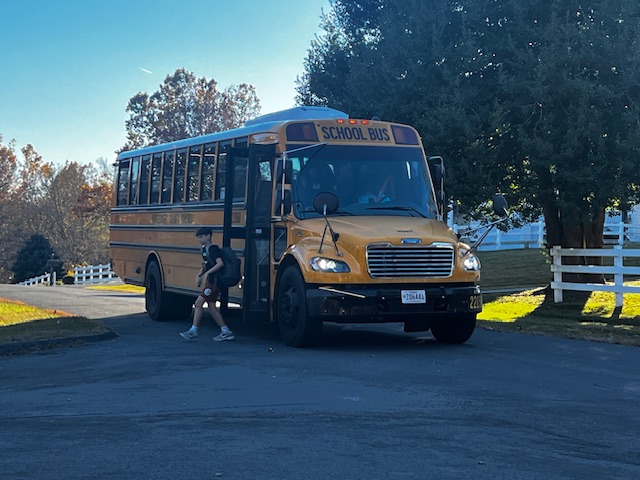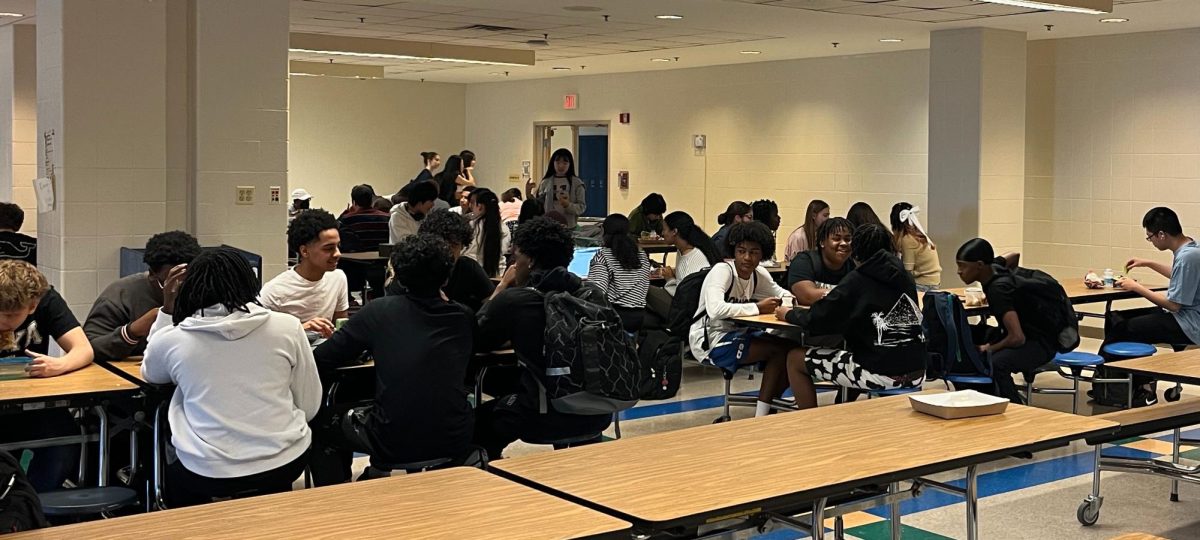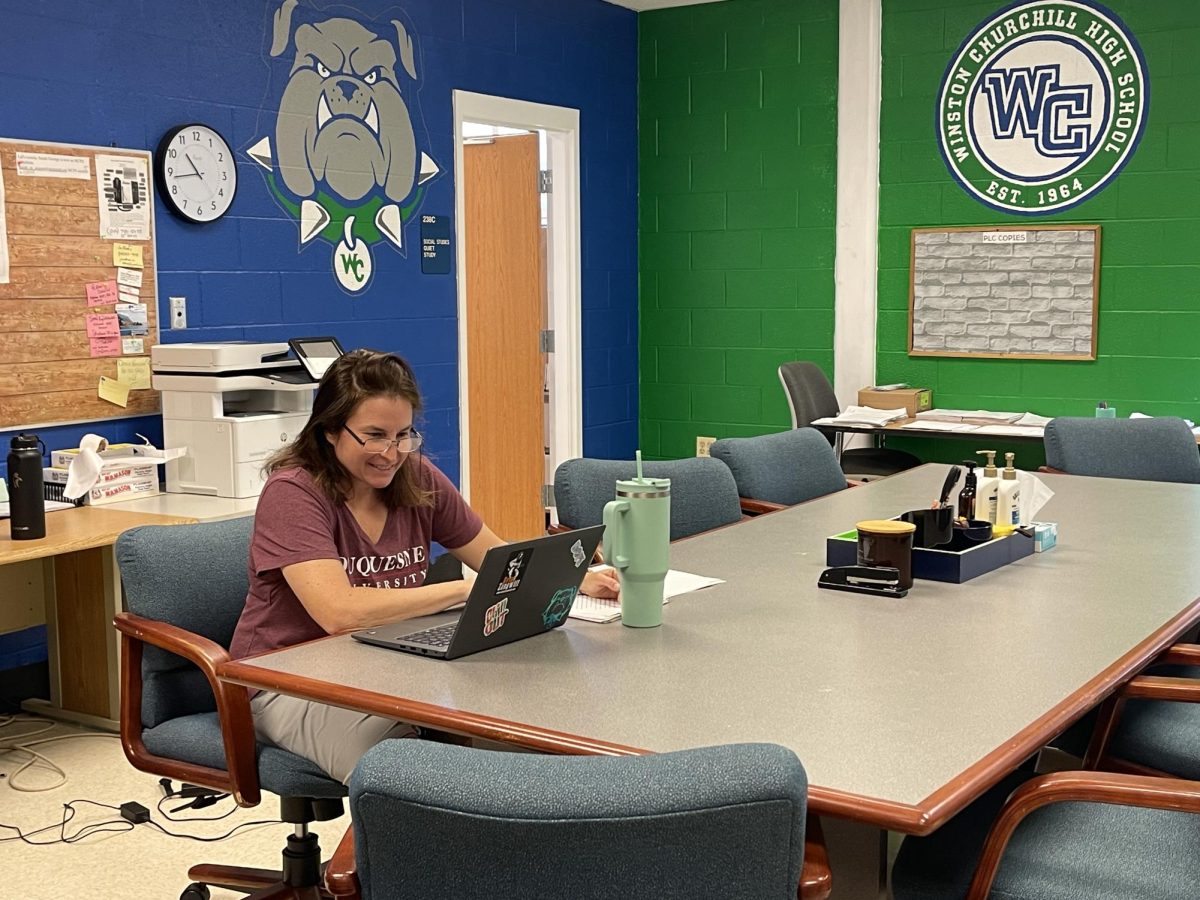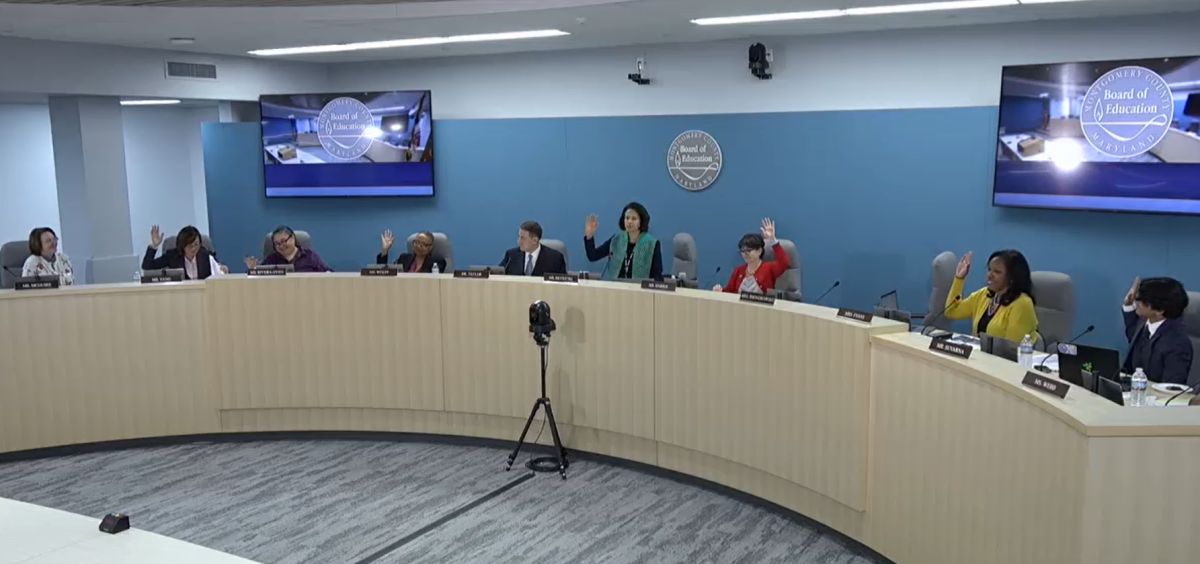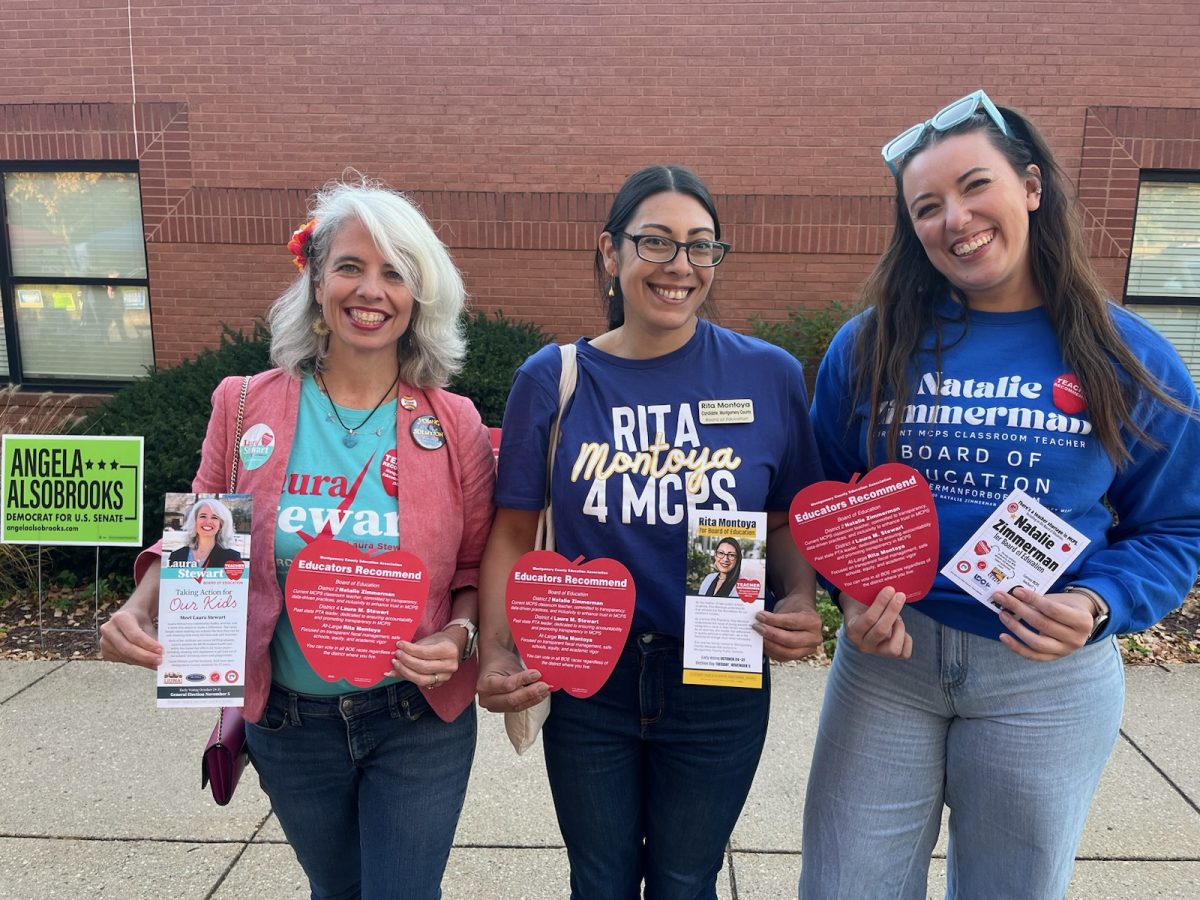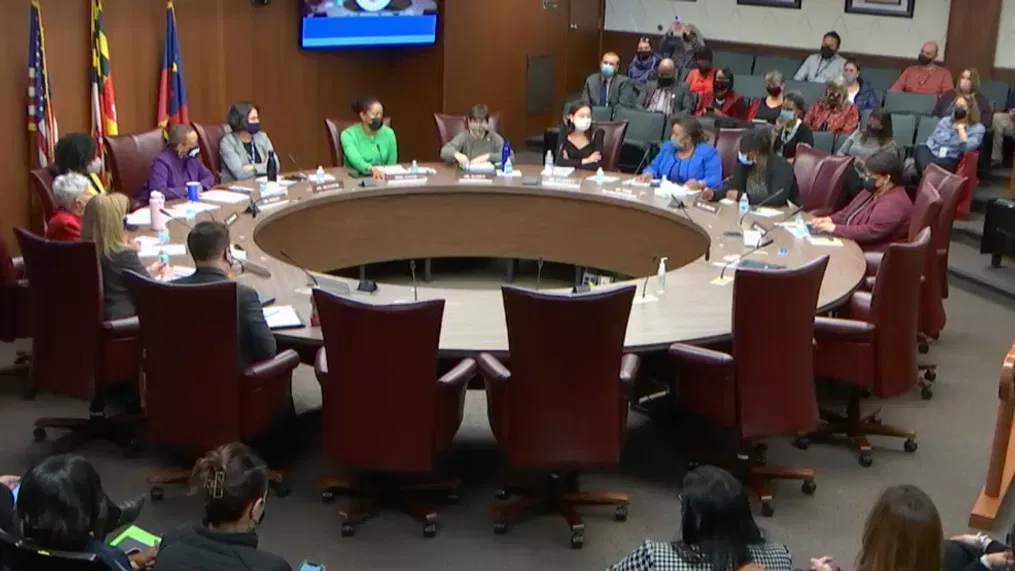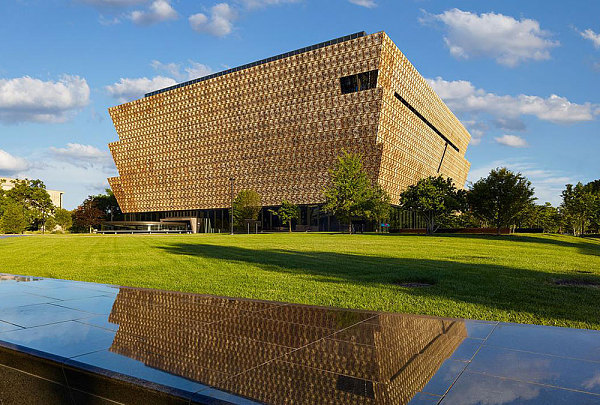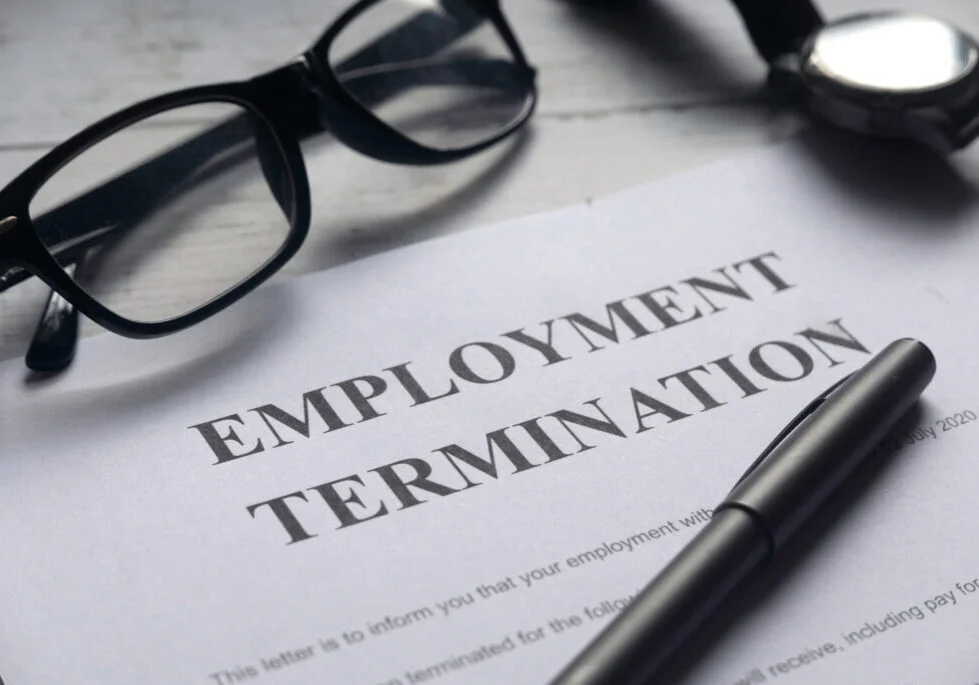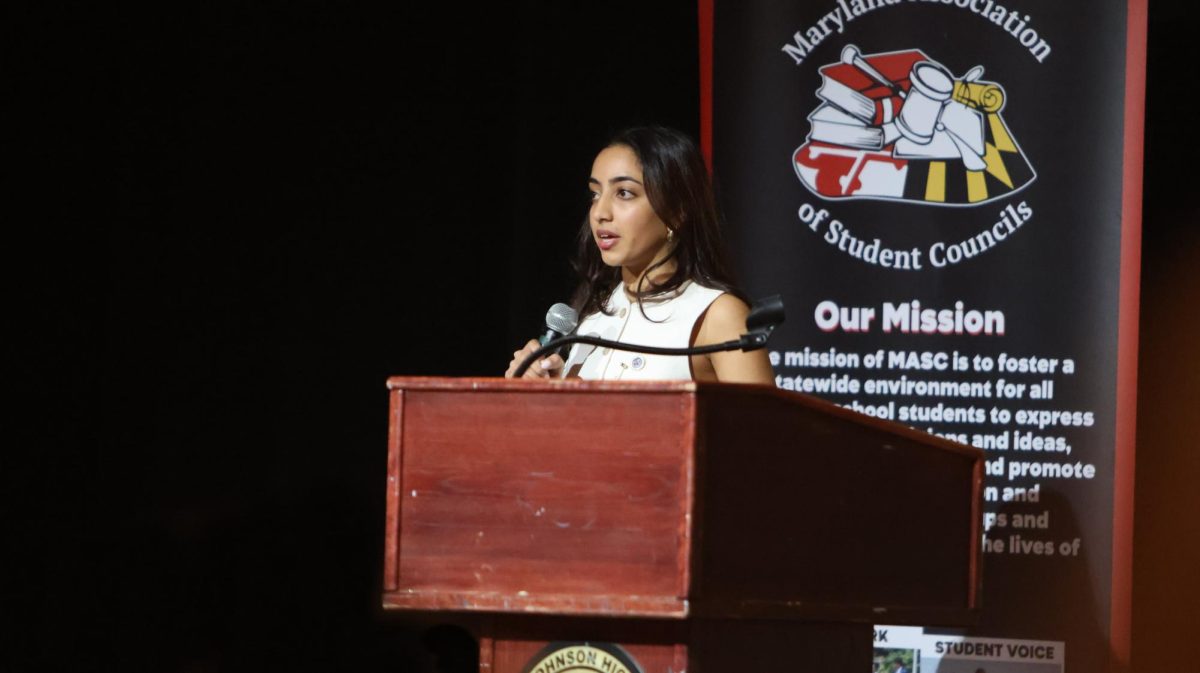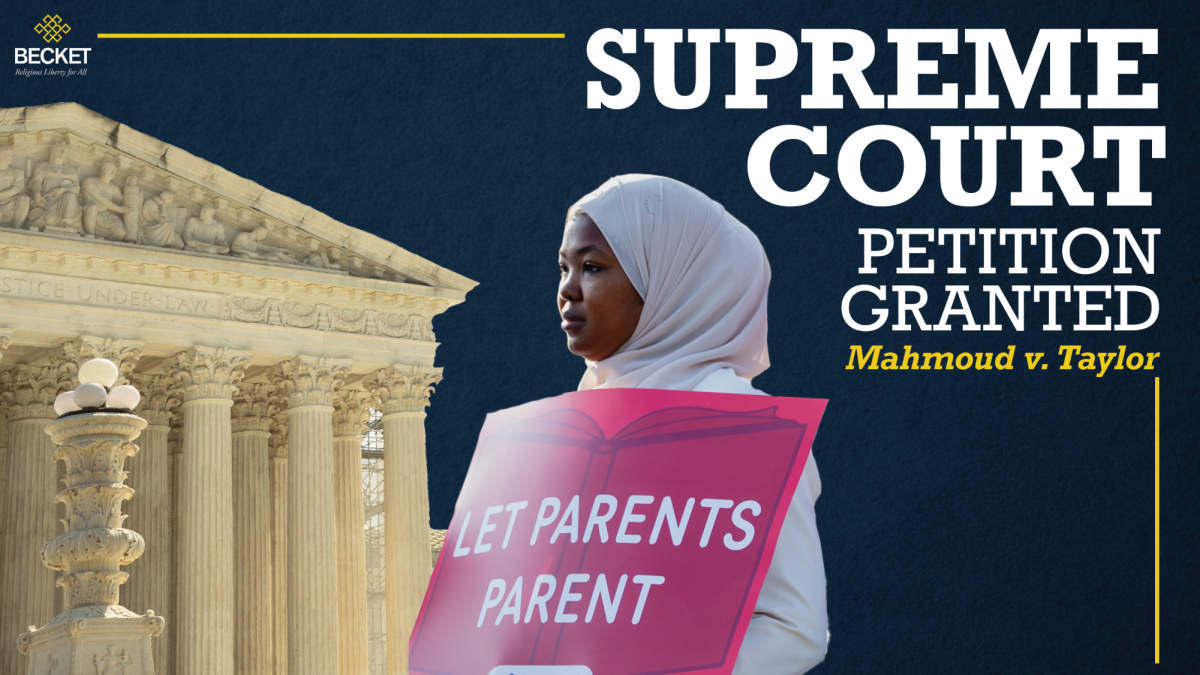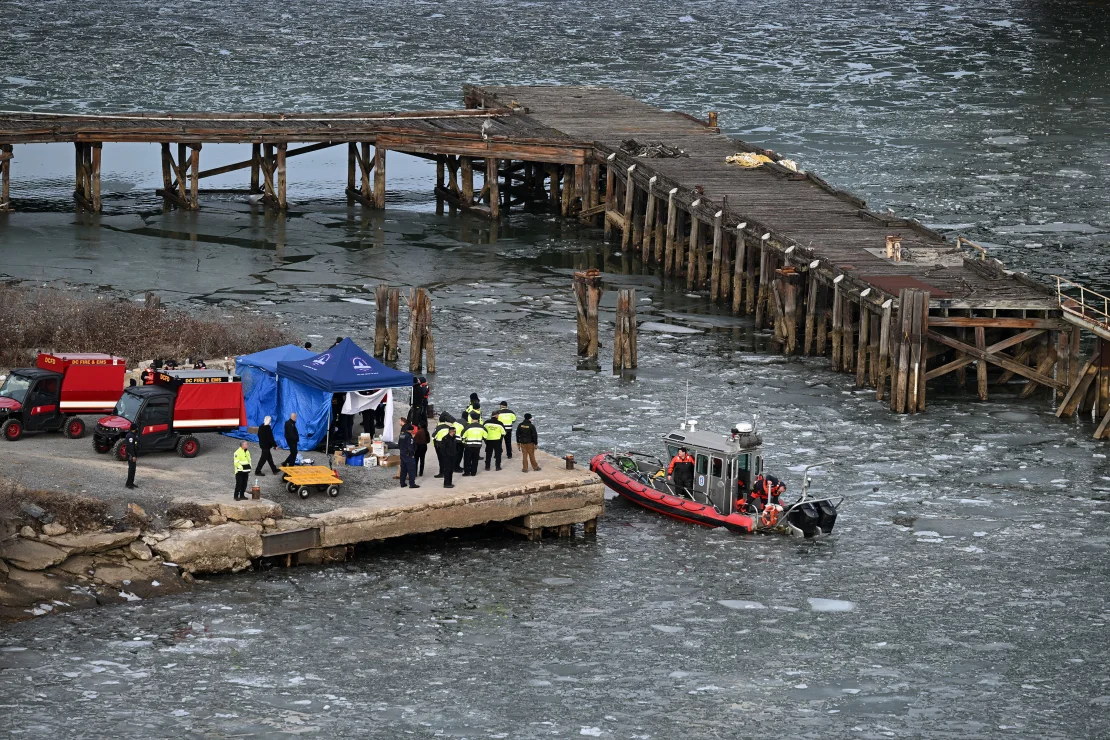On July 25, 2024, the Office of Inspector General (OIG) investigated MCPS’ management of a multi-million dollar contract to acquire and operate 326 electric school buses. The investigation concluded that MCPS failed to enforce the contract terms, and did not account for hundreds of dollars in fees outlined in the agreement, despite not receiving over half of the buses it ordered within the agreed-upon timeframe. To compensate for not receiving the electric buses they requested, MCPS is now spending over $14 million to acquire diesel buses and has received a failing grade from Montgomery County’s council audit committee for their implementation of electric buses.
MCPS has had a longstanding goal to achieve better environmental standards with the addition of its Climate Action Plan in 2021. On June 28, 2022, the MCPS Board of Education (BOE) adopted an objective to reduce greenhouse gas emissions by 80% by 2027, and to reach net-zero emissions by 2035, using their 2005 levels as a baseline. Additionally, MCPS’ Sustainability Action Plan, requires schools to annually “designate staff leaders and create at least one team that implements environmental sustainability actions and conducts activities that engage students, staff and the community.” These actions include recycling, as required by Montgomery County regulations, and implementing food waste diversion. MCPS students are seeing these words being put into action at their schools.
“At Hoover, there are a lot of trash and recycling bins in the halls, so if I have anything [to throw away], I can dispose of it properly,” Herbert Hoover Middle School (HHMS) seventh grader Aryaan Ahmed said. “Yet, schools should still encourage their students to use reusable lunch boxes and reusable water bottles.”
Despite MCPS only receiving 120 of the electric buses they have ordered over the last two years, Ahmed has still been able to take an electric bus to and from HHMS since the beginning of his sixth-grade year. Unlike traditional buses with internal combustion engines, electric buses use an electric motor powered by batteries.
“Electric buses create less pollution than regular buses because they do not use gas or diesel,” Ahmed said. “The electric bus that I ride is less noisy than a regular diesel bus, which makes it easier for me to have conversations with my friends. This makes electric buses better for the environment and for our transportation.”
According to MCPS’ Electric Vehicle Program page, diesel buses use approximately 17,000 gallons of diesel fuel on a typical school day, which ultimately still emits greenhouse gasses and harmful matter from tailpipes. The use of fossil fuels, including in transportation, is the leading cause of climate change. Consequently, clubs across MCPS have been finding ways to address climate change within their community.
“The Churchill for Climate Club is involved in several fundraisers, such as the annual Chesapeake Climate Action Network (CCAN) ‘Polar Plunge’ to raise money for climate change,” CCAN sponsor and Honors NSL Government teacher Eric Imperial said. “Churchill for Climate has also been working to coordinate with other clubs at WCHS involved in the environment. At the meetings, the club leaders include news briefings about current climate change policies and natural disasters all over the world to create a more knowledgeable and perceptive culture at WCHS.”
Besides student-led environmental club meetings, MCPS can confront climate change across the student body in other ways. By increasing their educational outlook on climate change and emphasizing their environmental policies through engaging assemblies and posters across the school, Imperial believes that MCPS can empower more students to take action against climate change.
“The lack of public awareness in schools makes it hard for students to care about climate change,” Imperial said. “Another reason students don’t feel like taking action against climate change, including in MCPS, is because they have not been personally affected by it, making them apathetic. However, as these severe droughts and devastating hurricanes in our nation and around the world become more frequent, they will eventually reach Montgomery County. So, reducing MCPS’ greenhouse gas emissions is an urgent issue in MCPS because it will bring negative consequences in the future if we don’t take action now.”
MCPS is in the process of amending its implementation of the electric buses, by negotiating with the contractor for the delivery of the remainder of the contracted buses. So far, MCPS has received 16 buses for the fiscal year 2025. These steps towards a more environmentally mindful school district are a positive example for its students, especially as climate change has become a more severe problem over the years due to inaction.
“When our student body is more conscious of the little actions they take every day that over time have a huge impact on the health of our world and environment, they will be willing to take those steps to make a difference,” Imperial said. “Once we start making efforts as a school, then as a school district, as a county and so on, our efforts will have an even greater impact. The more collaborative our efforts, the more we can achieve as a society in decreasing our pollution and reducing our greenhouse emissions. This isn’t an issue that just impacts a few states or countries, this impacts the whole world. And a world that works together in making daily changes to our consumption of resources and waste production, can even achieve ambitious goals like reducing greenhouse emissions by 80% in MCPS.”


